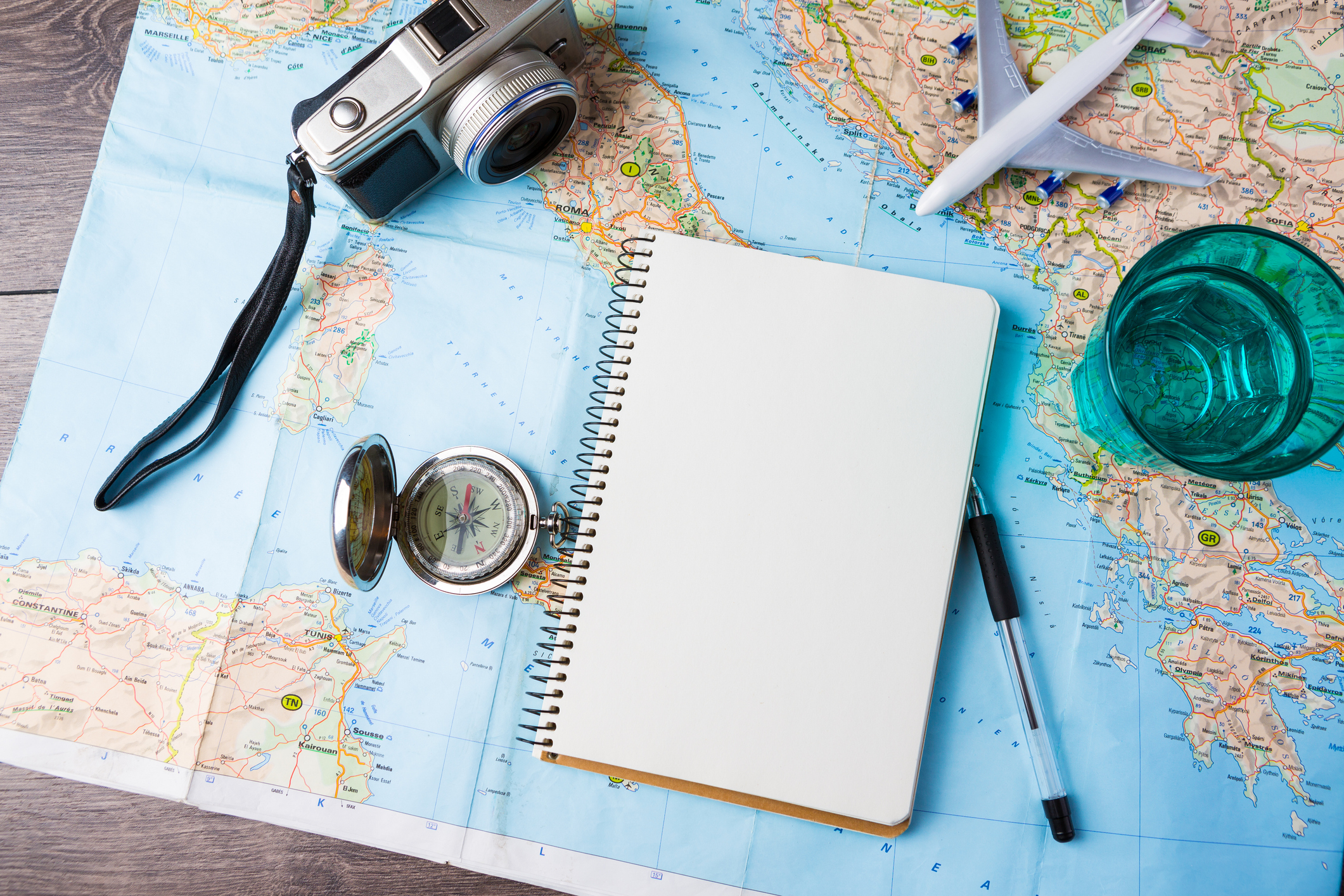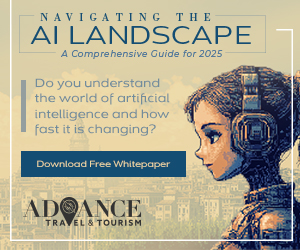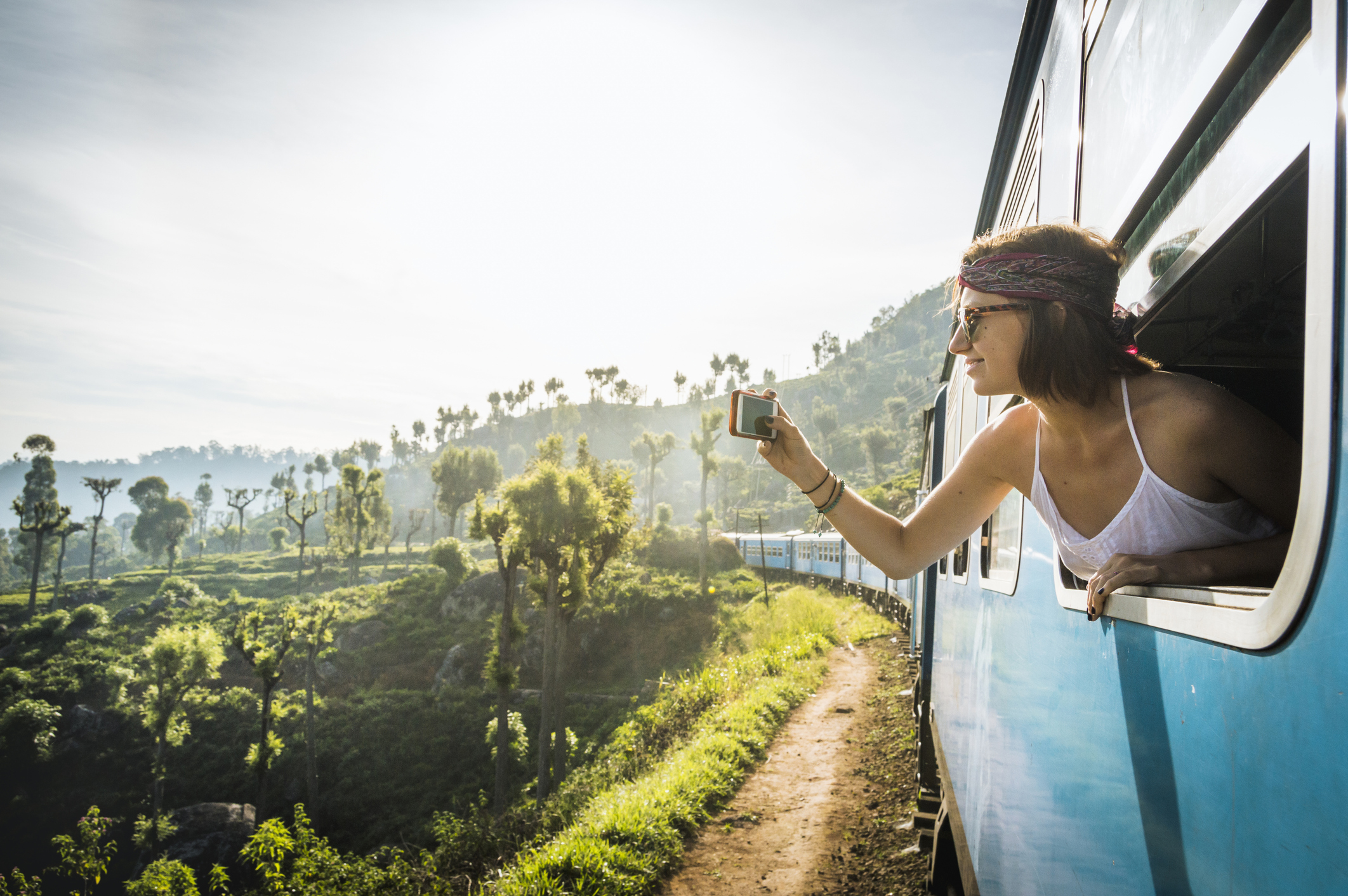
The Trends Defining Travel in 2025
As we approach 2025, the travel and tourism landscape continues to evolve at a rapid pace. Driven by technological advancements, shifting consumer preferences, and a heightened focus on sustainability, the way people experience travel is changing.
“The way people travel is evolving faster than ever,” said Bridget Cerrone, Senior Travel Marketing Strategist from AMNY Travel & Tourism. “Travelers are looking for more meaningful, personalized experiences, and destinations that embrace these shifts will thrive. Understanding these trends is key to staying ahead in the industry.”
At AMNY Travel & Tourism, we pride ourselves on staying ahead of these trends to help destinations, visitor bureaus, and hospitality professionals maximize their marketing efforts. Our latest insights, drawn from a comprehensive analysis
Key Travel Trends for 2025
- People-Centric Travel
The human connection remains at the heart of travel. However, how and with whom people travel is shifting. Avoiding overcrowded destinations is a priority, as travelers seek unique, lesser-known locations. Additionally, multigenerational travel is on the rise, with grandparents increasingly joining—and even funding—family vacations. Solo travel, particularly among women, is also seeing growth, while the blending of business and leisure travel means co-workers are now vacationing together.
- The Rise of Stress-Free Travel
Consumers are looking for convenience in their travel experiences. All-inclusive packages, professional vacation planners, and AI-driven itinerary tools are reducing the stress of trip planning. The demand for “one-click trips”—bundled travel solutions that cover transportation, lodging, and experiences—continues to grow, making travel more seamless than ever. Additionally, tech-enabled services such as mobile check-ins and digital concierge platforms are becoming must-haves for modern travelers.
- Sustainability and Nature-Driven Tourism
With increased awareness of climate change and the environmental impact of travel, sustainability is at the forefront of decision-making. Eco-conscious travelers are opting for net-zero hotels, reducing carbon footprints, and embracing “coolcations”—escaping extreme summer heat by choosing cooler destinations. Stargazing, outdoor adventures, and nature-based experiences remain highly appealing, reinforcing the timeless allure of the great outdoors.
- Culture, Entertainment & Culinary Tourism
The arts, music, and pop culture are powerful travel motivators. Fans are traveling for concerts, sporting events, and movie-location tours, turning entertainment into a tourism driver. At the same time, experiential travel is evolving beyond sightseeing, with visitors wanting to fully immerse themselves in local culture—whether through authentic culinary experiences, art walks, or interactive history tours.
- Wellness as the New Luxury
Health-focused travel is no longer a niche market. Many travelers are prioritizing wellness retreats, sober vacations, and fitness-focused experiences. Cruises are reinventing themselves with health and wellness offerings, while “hurkle-durkling”—the act of indulgently staying in bed well past sunrise—is emerging as a relaxation trend. Destinations that incorporate wellness into their offerings will capture the attention of this growing audience.
Marketing Strategies for Travel Professionals
“Travelers today expect more than just a great destination—they want experiences that feel personal, engaging, and effortless,” add Cerrone. “The brands that find creative ways to deliver this through technology, storytelling, and sustainability will be the ones that win their loyalty.”
To stay competitive in the ever-evolving travel industry, marketing professionals must embrace strategies that align with emerging consumer expectations. The demand for personalized experiences, engaging social media content, and sustainable travel options continues to grow. By leveraging data-driven insights and innovative marketing techniques, brands can capture the attention of modern travelers and create lasting connections.
- Personalization: AI and CRM technologies enable travel brands to craft highly tailored recommendations. Whether it’s a honeymooning couple receiving romantic getaway options or a family getting suggestions for kid-friendly destinations, targeted campaigns create a sense of exclusivity and care.
- Social Media Engagement: Short-form video content on platforms like TikTok and Instagram Reels captures travelers’ imaginations. Partnering with influencers who provide authentic, first-person travel narratives enhances engagement. Live Q&A sessions on social platforms help brands foster trust and establish a strong community presence.
- Sustainability Storytelling: Destinations that showcase eco-conscious practices, from carbon-offset programs to locally sourced dining experiences, resonate with today’s travelers. Highlighting green initiatives effectively connects with the environmentally aware audience.
- Weather-Based Targeting: Real-time weather data enables destinations to craft timely campaigns appealing to travelers looking to escape extreme conditions—whether it’s a Midwest lake town enticing Southwest residents during a heatwave or a tropical resort luring in snow-weary Northeasterners.
Make 2025 A Travel Marketing Success
The travel industry is poised for a transformative year, with personalization, sustainability, and convenience playing key roles in shaping consumer choices. AMNY Travel & Tourism remains at the forefront of these changes, helping brands create compelling marketing campaigns that resonate with today’s travelers. By embracing these trends, industry professionals can position themselves for success in 2025 and beyond.
For more insights on how to implement these strategies, connect with AMNY Travel & Tourism—your trusted partner in travel marketing innovation.




